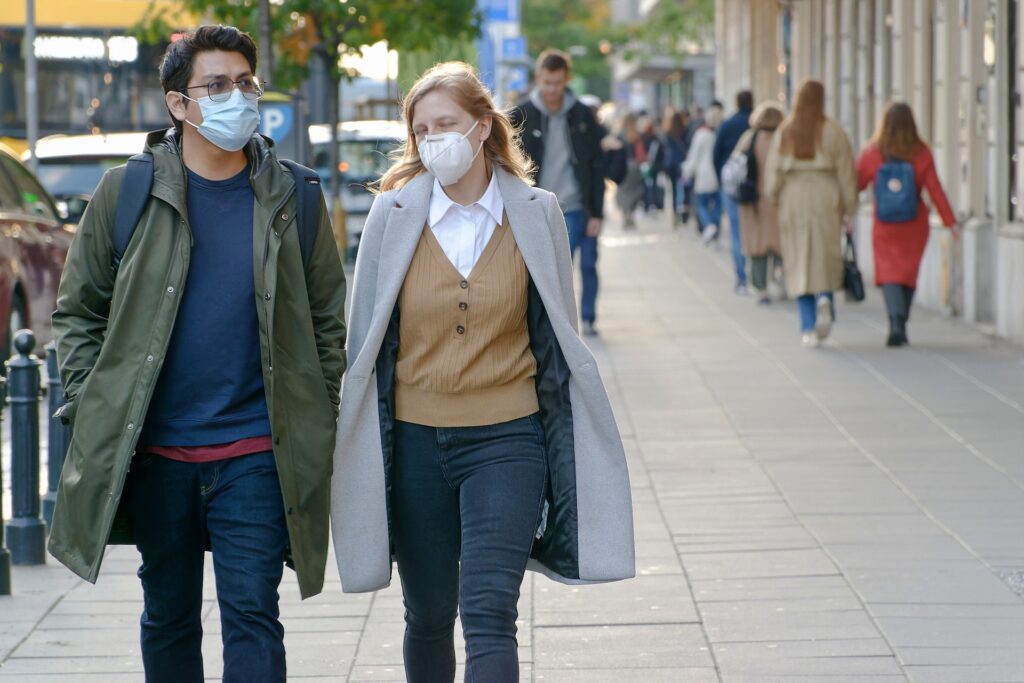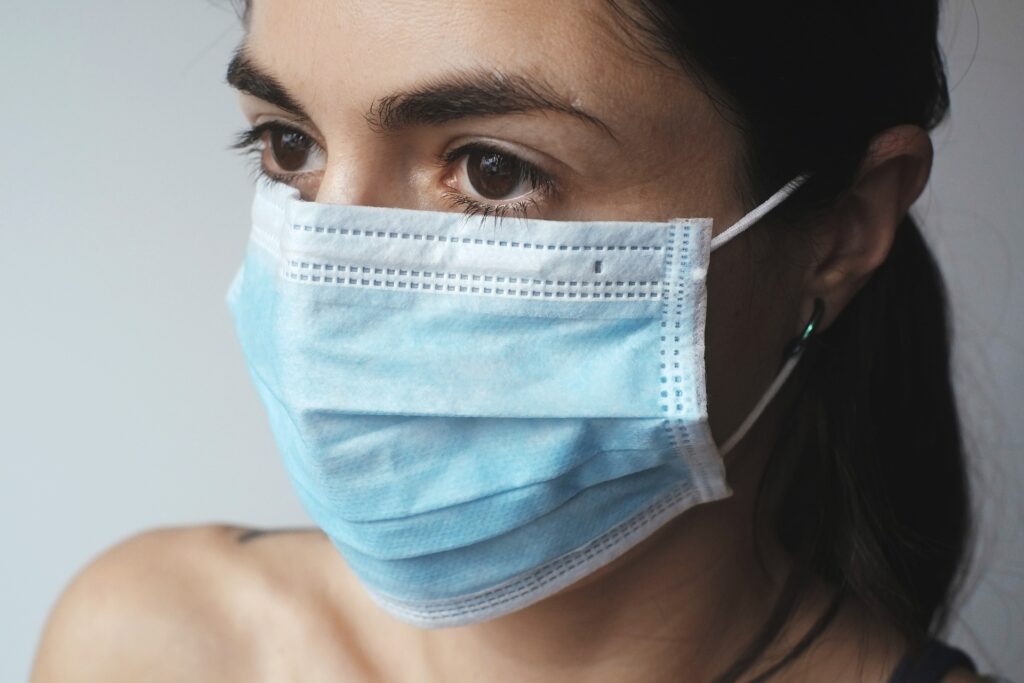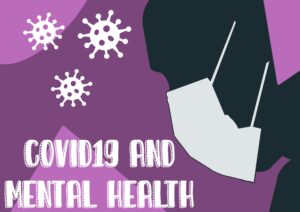What is COVID-19?
Coronavirus or COVID-19 is an infectious disease caused by SARS-CoV-2 virus. Many people have been infected with the virus and have experienced mild or worse conditions. Some may recover without requiring any treatment. Although, for those becoming seriously ill, they will require medical attention. Adults or the elderly with medical conditions are more likely to develop serious illness. Such as, cardiovascular disease, diabetes, chronic respiratory disease, or cancer.
The best way to prevent coronavirus is to protect yourself and others from the virus by staying one metre apart, wearing a fresh face mask, and washing your hands frequently.


Effects of COVID-19
There are few main symptoms that can affect you while having coronavirus. You could have a high temperature, meaning feel hot to touch and feverish on your head, chest or back. A continuous cough and a loss or change to sense of smell or taste buds.
If you have any of the symptoms, either a PCR test or even a simple COVID test at home, if you have the supplies. Whether the symptoms are mild or worse, you have to be isolated for 14 days, only leaving for essentials or having someone practicing social distancing deliver essentials for you.
Changes made because of COVID-19?
A lot has changed in the past year or two, regarding COVID-19. People may have been feeling stressed, anxious, depressed, frightened or lonely. It has been really difficult to do the things you want to do and be around loved ones, when there’s a chance of the virus still floating in the air for us to catch. From March 2020 till now, there are some people who are willing to bounce back out and be happy. Whereas, others tend to become anti-social, or feel uncomfortable and suffer from mental health. Majority of places are open, and the rest are not. It is also difficult to go on a holiday, when some countries are red flagged or banned.
Every individual person has different experiences when it comes to work. There will be some companies recruiting new members, but there are others who are not open to recruit anyone or the company is temporarily closed. People can get into work easily, and for others, not so much. Also financially, not everyone is stable. At this point, we are all going through difficult stages of life. However, we could come together as one, and go through it together. Helping each other can get us through our difficult times.
How are we doing our part?
We are here to give you information on COVID-19, and guide you how to prevent the spread of coronavirus. We don’t want to risk any chances.
We advise you to keep yourself and others safe, because there are still cases of COVID-19 in England. And there is a risk you could catch or pass on the virus, even if you are fully vaccinated and have limited close contact with other people.
Face coverings should be worn at all times, when attending shops and shopping centres, transportation hubs and public transport. It is not required to wear in indoor settings, but you should continue to wear face covering in crowded and surrounding spaces. Children under the age of 11, and some people are exempt from having to wear a face covering in any setting. In addition, anyone with a health condition or has a disability, if free to not wear a face covering. They have a reasonable excuse for not wearing one.
Always wash your hands with soap and water or use hand sanitiser on the regular, throughout the day. Hand washing regularly is an effective way to reduce the risk catching illnesses, including coronavirus. It is important to wash your hands after coughing, sneezing and blowing your nose. Before you eat or handle food. After coming into contact with certain surfaces touched by many people. After coming into contact with shared areas such as kitchens and bathrooms. Also, when you return home.
It is important to avoid touching your face, such as your eyes, nose and mouth. If you need to touch your face, for example to put on or take off the face covering, wash or sanitise your hands before and after.



